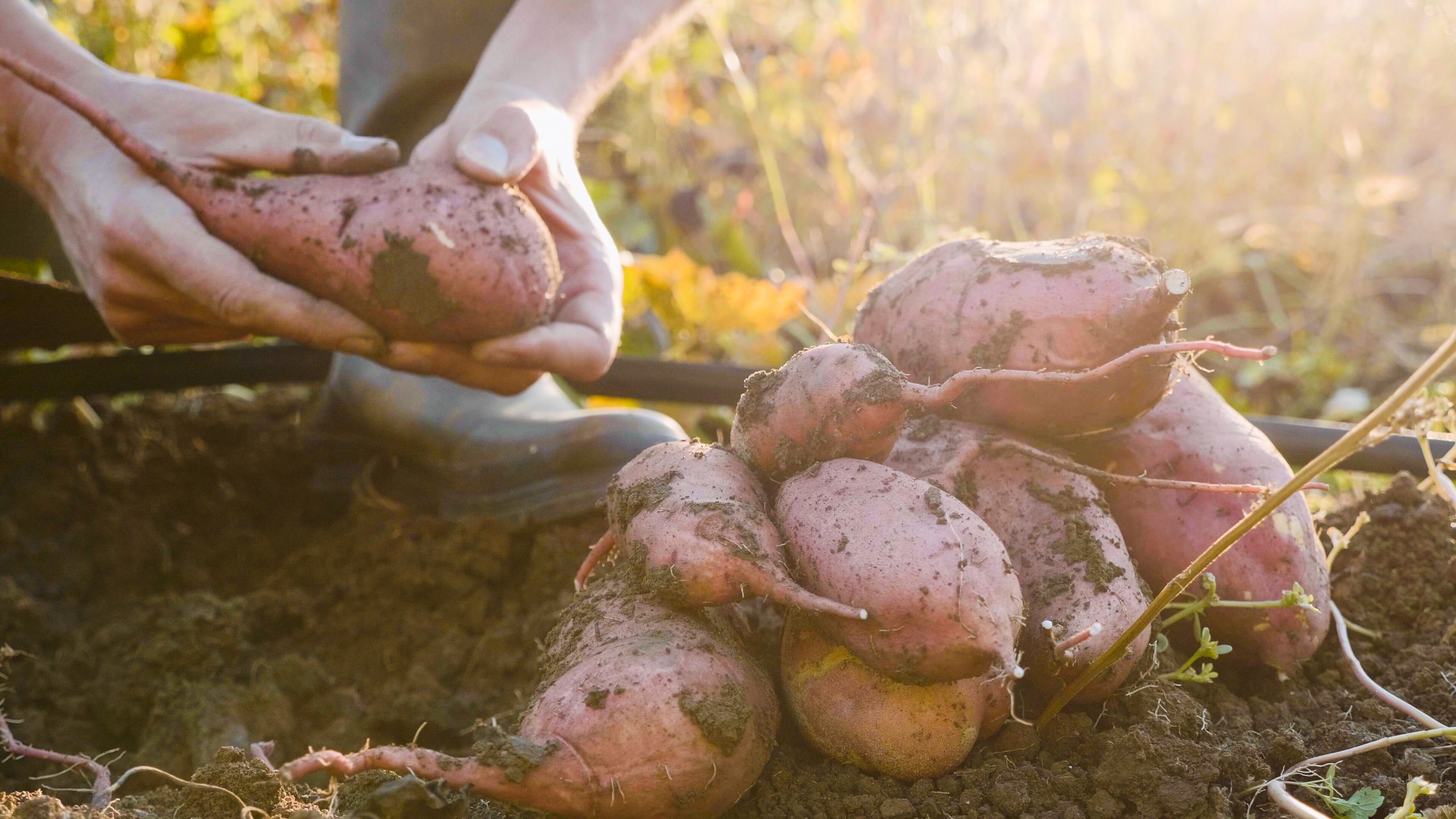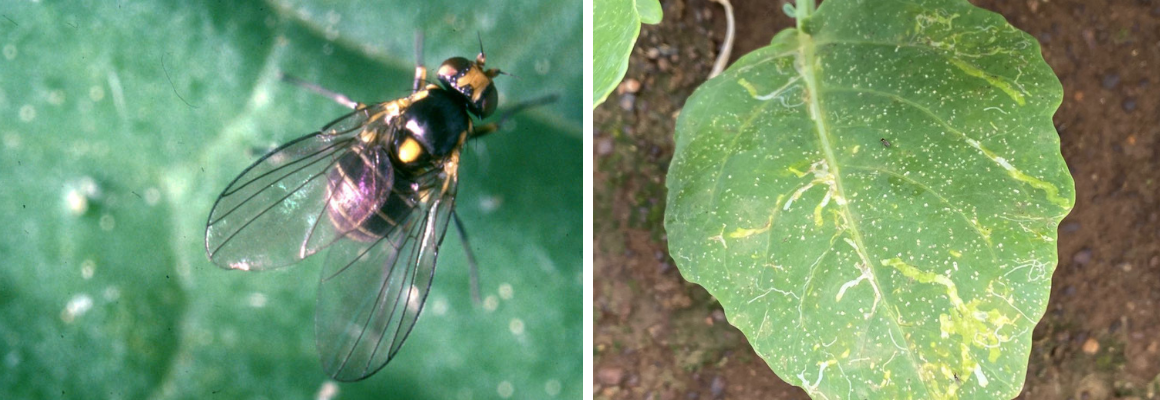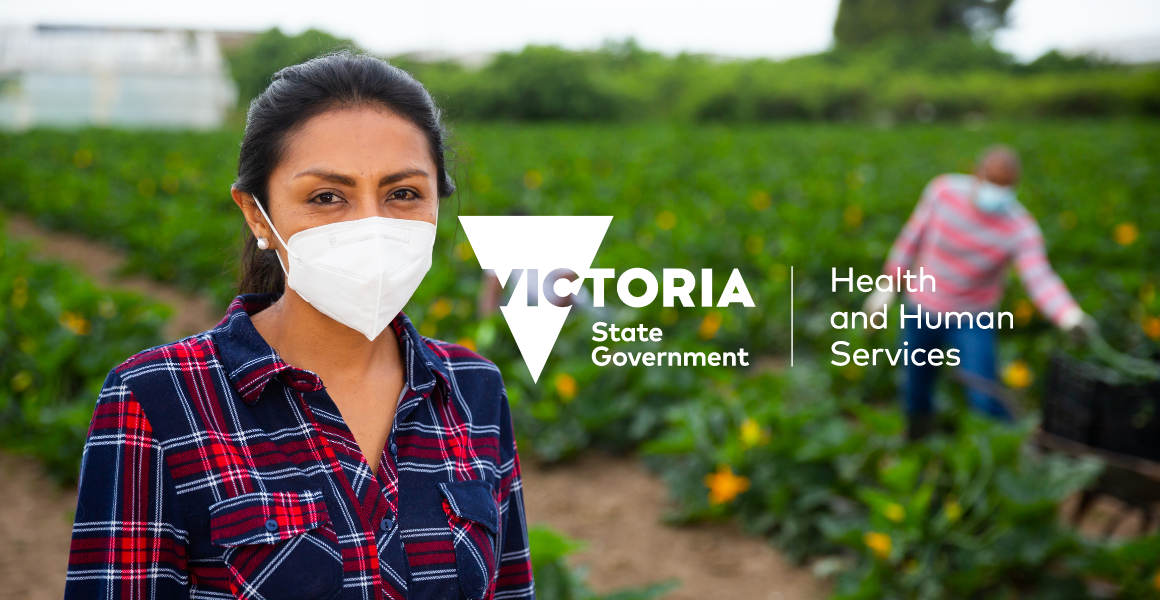
Scientific provenance verification and digital traceability technology – why both are important
4 November 2020
Report suspect serpentine leafminer
4 November 2020There are new health Directions from the Victorian Department of Health and Human Services (DDHS), affecting seasonal horticulture workplaces.
Farm businesses have responsibilities for managing seasonal workers in horticulture which are designed to protect regional communities.
The Victorian Government’s Workplace Additional Obligations Directions for coronavirus (COVID-19) risk management require employers with seasonal work premises, where seasonal workers commute daily to the work premises from Greater Melbourne, to:
- Each day ask each seasonal worker, and each seasonal worker must declare, if they have travelled from Greater Melbourne that day. The employer must keep a daily record of these declarations.
- Participate in surveillance testing of seasonal workers for coronavirus (COVID-19) at the Work Premises in accordance with the requirements of DHHS.
- Keep written records of surveillance testing of seasonal workers for coronavirus (COVID-19) and have them available for inspection by an Authorised Officer upon request.
DHHS seeks the cooperation of all growers to enable surveillance testing to occur in regions close to Melbourne.
Please note that this testing is separate from the mandatory testing of each seasonal worker who is relocating to regional Victoria for seasonal work and will be living away from their usual residence in Melbourne.
This group must be tested before they can commence picking or packing work
Why is DHHS testing?
Testing is one of the best tools in the public health arsenal to help find and contain coronavirus (COVID-19).
That is why in this tricky period of reducing community transmission and tentative reopening, DHHS is undertaking ‘surveillance testing’ across a range of industries. This will give them a snapshot of an at-risk population and tell them how much, if any, virus is circulating. It gives them a chance to manage an outbreak quickly if they find any virus.
Testing won’t be forever. DHHS is expanding the industries in which it undertakes surveillance testing as Victoria opens up again, especially as many Melbourne people travel outside the Restricted Area of Greater Melbourne for seasonal horticulture work.
How will the testing happen?
1. DHHS is asking initially for farm businesses in regions close to Melbourne to volunteer for testing. They will establish a schedule of testing visits each day and week for the next 10 weeks. If insufficient volunteers come forward, DHHS will require businesses to participate. Please complete the below template form and email it to: IndustryTesting@dhhs.vic.gov.au.
2. DHHS will create a roster of businesses per day each week for testing, grouped according to the crop/harvest cycle between now and Christmas.
3. DHHS Rapid Response Testing Teams (five to six health professionals in a van) or, less frequently, private pathology companies, will undertake the testing on-site at your property. There will be no cost to the farm business, except for the time taken to participate.
4. The testing team will be in touch to organise with you the precise details such as date, times and location that best suit the business. They will arrive on-site – in the car park or outside the packing shed, for example. For larger farms/sheds, they may be able to attend at different times of the day – say at 7am and 12pm to ensure that disruption to picking/packing is minimised.
5. A few days before the scheduled visit DHHS will send you information for workers about the testing, including any requested material in languages other than English. This material will emphasise that DHHS is only interested in worker information (name and unique mobile phone number) for the purposes of testing and to provide the test results. DHHS has no interest in the status or personal business of anyone being tested. Those being tested do not require a Medicare Card or other identification.
6. The testing team will arrive on-site and set up before the appointed start of your session. They will aim to test as many people on-site as possible.
7. All seasonal workers are required to be tested. On the day you will need to record the names of those being tested. Other staff, contractors or visitors on-site that day are welcome to be tested if they would like.
8. As this is surveillance testing, so long as the person is free of coronavirus (COVID-19) symptoms, they are able to keep working and undertaking their normal daily practices. They do NOT have to isolate while waiting for results. Anyone with symptoms must follow the usual isolation procedures and should not be attending work.
9. The testing team is only there to test and perform a public health function – not to check any other compliance, records or information.
Is the testing mandatory?
To ensure the safety of workers and the continuity of key industries it is important that all seasonal workers participate in surveillance testing.
However, the requirement to meet the obligations for surveillance testing within the Directions is the responsibility of the employer/host. Some workers will refuse to be tested and there is no penalty under the Directions for them refusing to do so. The aim should be to encourage as many workers as possible to participate in testing for the benefit of the industry and the community.
What information does DHHS need?
To participate in the surveillance testing please email to IndustryTesting@dhhs.vic.gov.au
- Business name
- Business contact and mobile
- Main crop grown
- Peak harvest period
- Peak period that picking and/or packing workforce on site
- Address for testing
- Contact person and phone number at the testing site
- Approximate number of tests required
- Preferred day and time for testing
For further information on the surveillance testing program email: IndustryTesting@dhhs.vic.gov.au
More information about the Directions for seasonal horticulture workplaces can be found on the Victorian Government’s coronavirus website.

